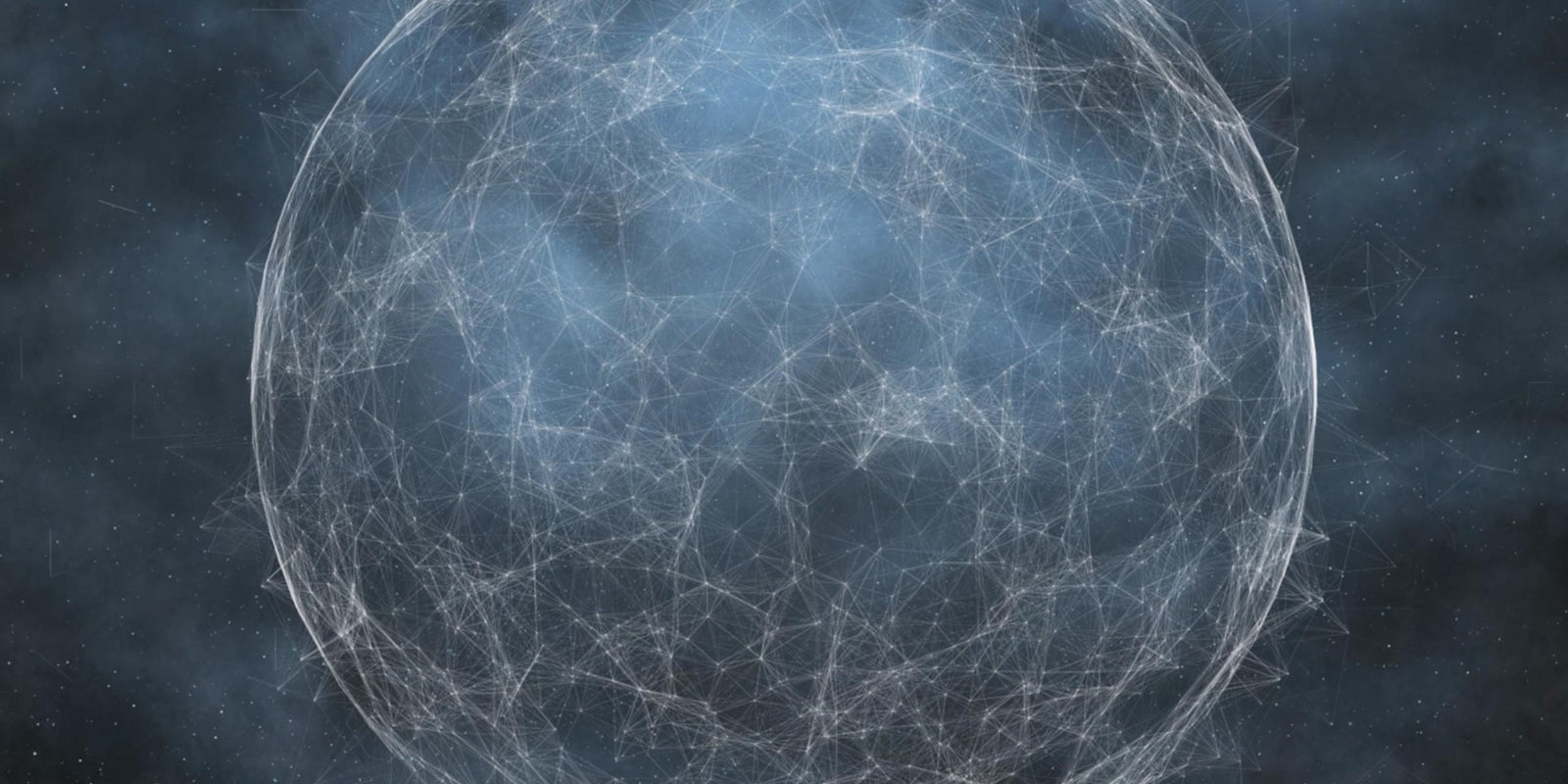Opinion
“What if, in the future, instead of growing a tree, cutting it down, and then using mechanical engineering to sort of reshape it into a house, we just design a tree to grow into a house or design moss or mushrooms or something else could provide our furniture for us?”
That question, posed by Ginkgo Bioworks co-founder Reshma Shetty, is no longer a hypothetical. The most stunning and consequential development of our time is this: We have built tools of creation that increasingly have the power to literally code any kind of world we can imagine. Synthetic biology allows us to program organisms to grow objects. Genomics is starting to allow us to program our bodies. A.I. allows us to build new forms of intelligence.
There’s another famous quote often attributed to Marshall McLuhan: “We shape our tools and then our tools shape us.” Not only are our emerging tools unparalleled in their powers of creation, but also their potential is magnified when coupled with the new production and collaboration platform we have in the Internet, enabling hundreds of millions of creative inventors to flourish.
It is now possible for a teenager in her basement to create a new species from genetic code (glowing bacteria, anyone?) using freely available tools on the Internet. A new startup, Arcturus BioCloud, for example, wants people anywhere to be able to engineer microorganisms with a few clicks on their laptop. And the new gene-editing tool CRISPR, with its ability to cut and splice genes, is enabling medical work previously impossible, including work towards treating cancer, other diseases, and even aging.
We have built tools of creation that increasingly have the power to literally code any kind of world we can imagine.
Historically, tools of creation have dramatically changed how we understand and interact with the world around us. Take, for example, language, one of the oldest tools of creation. It’s what enabled us to start collaborating and passing down knowledge. As Scott Phoenix, co-founder of artificial intelligence company Vicarious, said: “Before language, if someone figured out how to bang rocks together and to make a tool, that information would have remained locked forever in that person. Lacking an ability to communicate it, people would have continued to rediscover it, stalling progress. Over time, the tool of language has enabled people to create even more tools.”A significant shift in language happened when the printing press came to Europe. Though something like movable type had been used for block printing in China, Johannes Gutenberg did one thing, around the year 1440, that turned it into a powerful tool of creation: He used it for letters of a phonetic alphabet.
This seemingly simple act, devising a hand mold for letters, was the start of an idea revolution. Suddenly, knowledge was more freely available to people everywhere through books; the written word was no longer only available to elite scribes.
Or think about how the findings of Louis Pasteur, Joseph Lister, and others changed how we understood infection. Before Lister’s tools for antiseptic surgery, people thought infections were caused by “bad air,” not tiny microorganisms. That meant that hands weren’t washed or equipment sterilized. With Lister’s work, the germ theory of disease became more widely accepted, leading to widespread practices to prevent bacteria from getting into wounds in the first place. This shift dramatically increased human lifespan over the course of a century from about 45 to 70.
What will be the next major leap in human lifespan? What will be the next printing press?
To answer these questions, my team and I set out to talk to creators of humanity’s future, people working with our emerging tools to pursue some of our most promising opportunities and vexing challenges. In a new short documentary EXPLORATIONS, each person interviewed is not only a leading thinker in their field but is also “future literate”—developing mental models for the emerging future by living experimentally and adventurously.
Through them, I hope that we can all start to visualize and appreciate a new future—one in which houses and spacecraft can be grown not built and neurons can be used for computing.
Producing EXPLORATIONS has been a labor of love for me, and also intensely personal. I was raised within a belief system that taught me the world was fixed, predestined to evolve along a certain path. During this life, I was taught, it was our responsibility to play by the rules, not become the actual creators of them. The discovery that we can program our existence and author our own lives has radically altered my life—transforming my identity, aspirations, and reason for existence.
What will be the next major leap in human lifespan? What will be the next printing press?
It’s my hope that EXPLORATIONS will start a larger conversation about our individual and collective identities and aspirations. We can now architect and work towards building any kind of world we can imagine, for ourselves and future generations.
Our new reality is one in which anyone, at nearly any age, located anywhere, can build the future. As Chris Lewicki says: “There are no super humans. You actually can do anything; you just have to set out to do it.”
For humanity to flourish, we’ll need to roll up our sleeves, with tools of creation in hand, and get to work, because the future is not going to write itself.
https://www.youtube.com/watch?v=qT67rpURAgE
I invite you to share your vision of #TheWorldWeBuild on Twitter and help us start the conversation.
Bryan Johnson is an entrepreneur and investor. He is founder of Braintree and OS Fund, which he started with $100 million of his personal capital to invest in scientists and inventors working on some of the world’s most audacious endeavors. He works hard at being a father, loves flying airplanes and climbing mountains, and wrote a children’s book as part of a new effort to empower youth.
Screengrab via Bryan Johnson/YouTube


